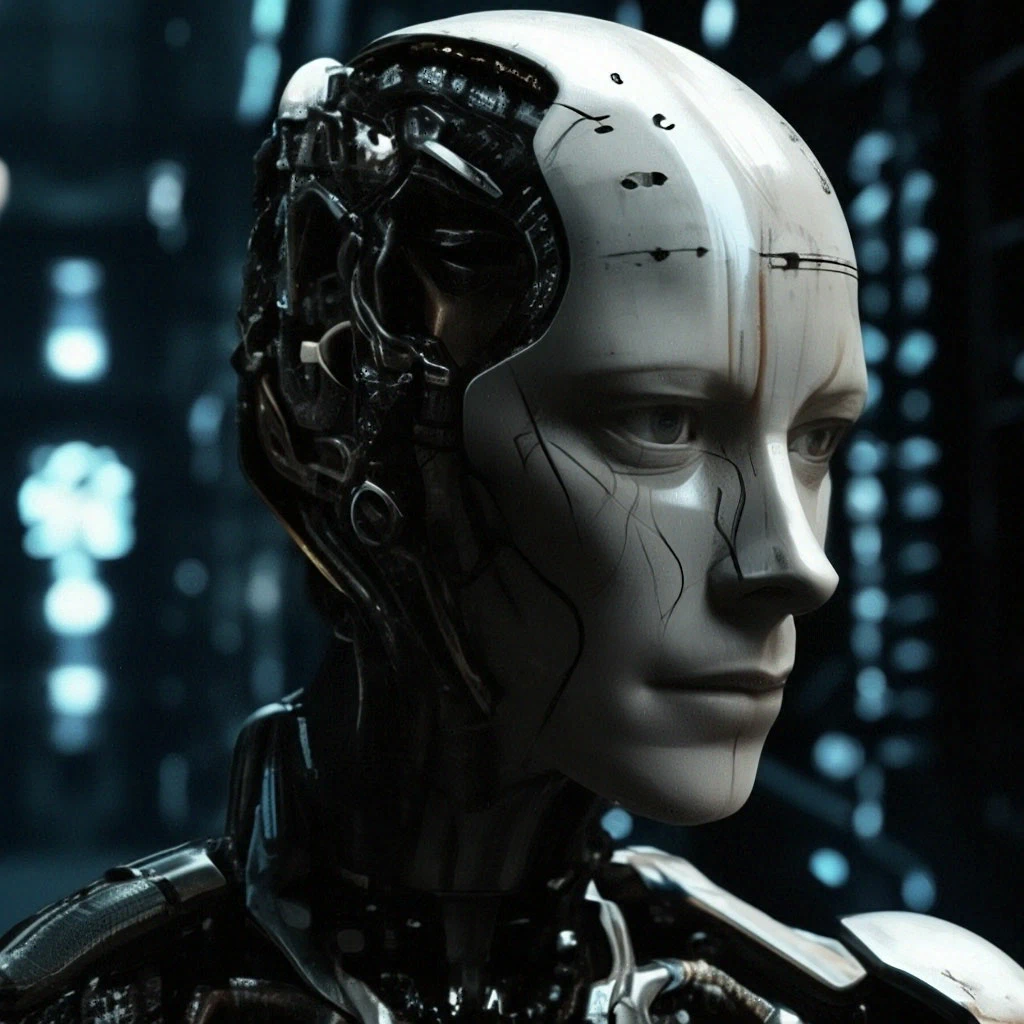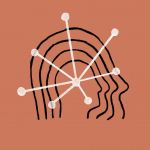Steve Yegge predicted junior developers’ victory in the vibe coding era

While everyone is discussing how artificial intelligence will leave junior developers without work, social media is widely discussing an article by author Steve Yegge with an unexpected twist. Instead of the usual statement like “juniors will die out, and seniors will remain,” the author puts forward the opposite hypothesis. Let’s understand what this revenge of beginning programmers is about, according to the author.
Steve’s opinion – while experienced developers spend time on skepticism and arguing with reality, juniors quickly adapt to the new approach. Vibe coding. They perceive it not as a threat, but as a natural part of the profession. Because they haven’t yet gotten used to the strict framework of traditional programming.
But what is vibe coding? It’s when you don’t write a single line of code by hand. But simply describe the task to artificial intelligence and watch how it generates everything itself. For prototypes, you can even not delve into details, and when preparing for production — just closely monitor the process.
Steve identifies 6 stages of development evolution. We supposedly started with traditional manual coding in ’22. In ’23, autocompletions like snippets and Copilot appeared. In ’24, we use bidirectional chat with language models inside the development environment.
But it will get more interesting from here. In ’25, coding agents that perform tasks entirely will come. By the end of the year, clusters of agents that can be managed in parallel will appear. And in ’26, entire fleets of agents under the supervision of “super-agents” will emerge.
And each next wave will accelerate development by about 5 times. The author compares agents to free camels in the desert. At first, they can be uncomfortable. They spit, bite, and consume resources. But when you get used to them, you can’t live without them. They themselves climb into JIRA, dig through code, run tests, and fix bugs. The developer only has to direct them and eat chips.
Of course, today agents aren’t smart enough yet to swallow huge tasks. They need to be fed small tasks and watched when they get stuck. But soon “super-agents” will appear that will themselves launch swarms of agents and monitor them.
And according to Steve, by ’26 developers will turn into kind of line managers, leading groups of agents. And in this new reality, the advantage will go not just to juniors, but to people with a new type of thinking. Perhaps your programming past will only get in the way.





